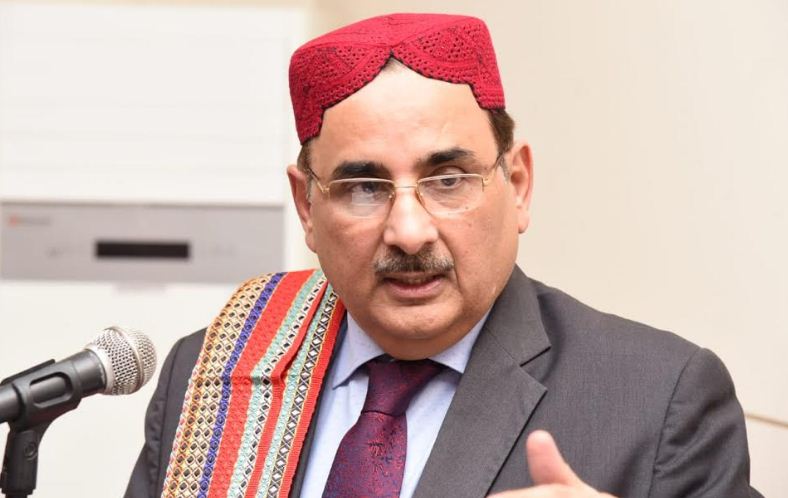DNA
KARACHI, JUN 26 – As the country’s trade deficit has increased by almost 30% to $28 billion during 11 months (July-May) 2020-21, the FPCCI’s Businessmen Panel has asked the authorities to focus on further accelerating exports, besides keeping some check on unbridled imports of luxury items.
The Federation of Pakistan Chambers of Commerce and Industry’s Businessmen Panel Chairman Mian Anjum Nisar warned that the pace of growth in imports is projected to increase further in the coming months following the abolishment of regulatory duty on imports of raw materials and semi-finished products. He observed that the economic managers will have to chalk-out a long term plan for import substitution and increasing exports so that Pakistan could become self reliant. He also emphasized the need for adoption of international best practices for priority sectors and consultations with international experts to achieve success. He stressed upon the need to enhance inter-ministerial coordination and public-private partnership for increasing exports.
He said the low exports volume and rising trade deficit were chronicle issues which should be resolved permanently. He said exportable items should be produced in accordance with the international demand to fully exploit the benefit of GSP-Plus status. He said that several industries and sectors were neglected in past. He said decisions should be made in national interest, keeping aside the personal agenda.
Mian Anjum Nisar stated that Pakistan’s trade deficit keeps on widening despite a much-trumpeted increase in exports, which were, in fact, not sufficient to match the huge surge in imports.
He said that the economic managers were boasting of their performance on the plea of current account balance, and observed that with a view to achieve consistency in current account surplus for a long period without compromising industrial growth the government will have to focus on increasing the exports and put the business and trade issues on priority, otherwise, the economic problems and balance of payment could further disturb with the growing trade deficit, he warned. The chairman of the BMP, the ruling group of the FPCCI, said that the situation is in control due to sustained increase in remittances.
The FPCCI former president said the government has to formulate long-term and consistent policies for the revival of industry and considerable improvement in exports, as contrary to regional countries, Pakistan’s exports have remained stagnant during the past 40 years, and unless attention was paid to all factors that hamper industrial and exports growth, the country might not be able to achieve desired results.
Mian Anjum Nisar said the industrial production after suffering months of damage inflicted by the corona pandemic is now clearly reflecting a revival in economic activities in the country.
The long-term strategy needs structural reforms of the entire export sector, including high tech and innovative products, value-added exports commodities and market diversification towards unexplored markets like South America and Africa.
Some of the impediments to industrial growth include cost of production, poor governance, obsolete technology, low productivity, lack of competitiveness, supply constraints, and energy issues.
He said that the current export portfolio is marred by a lack of diversification, as few products are exported by some exporters to limited markets. So, a major enhancement in exports requires huge and wide structural reforms.
According to statistics, exports in May have declined by 25% as compared to April 2021 but on cumulative basis exports rose by $2.76 billion during the first 11 months of this financial year. However, country’s imports have witnessed growth of 22% to almost $ 50 billion during July-May 202-21. This implies that trade deficit of eleven months increased by 30% or $ 27.27, showing a difference of $ 6 billion.
In May 2021, imports grew by 77.8% to $ 5 billion against $ 2.86 billion. Trade deficit in May recorded a growth of 134% to $ 3.43 billion in May 2021 as compared to $ 1.96 billion in May 2020.

















